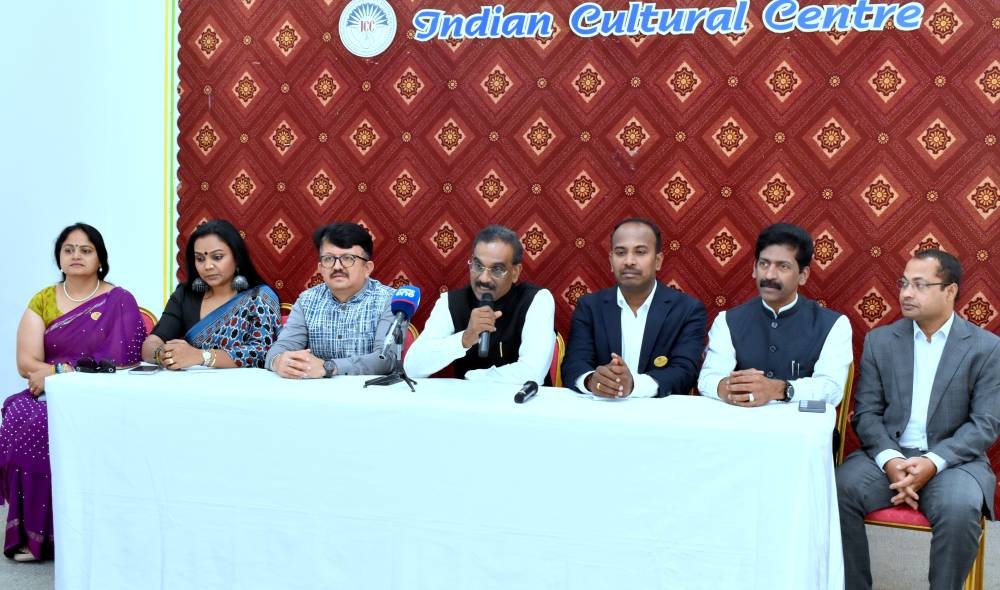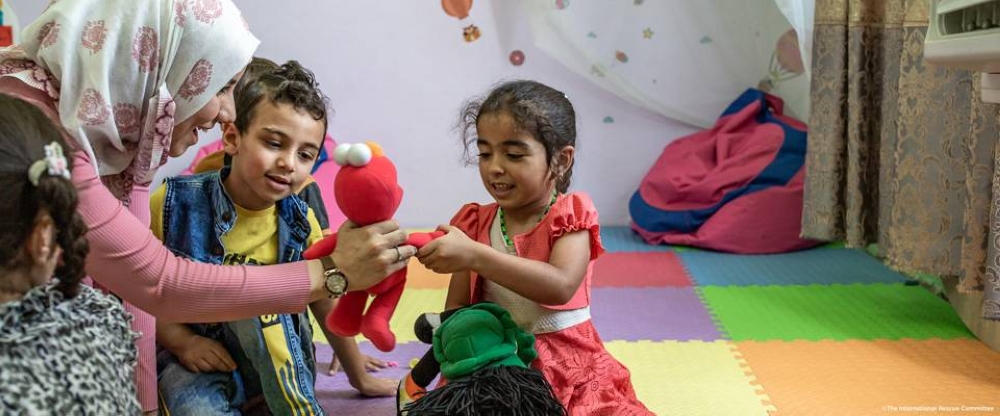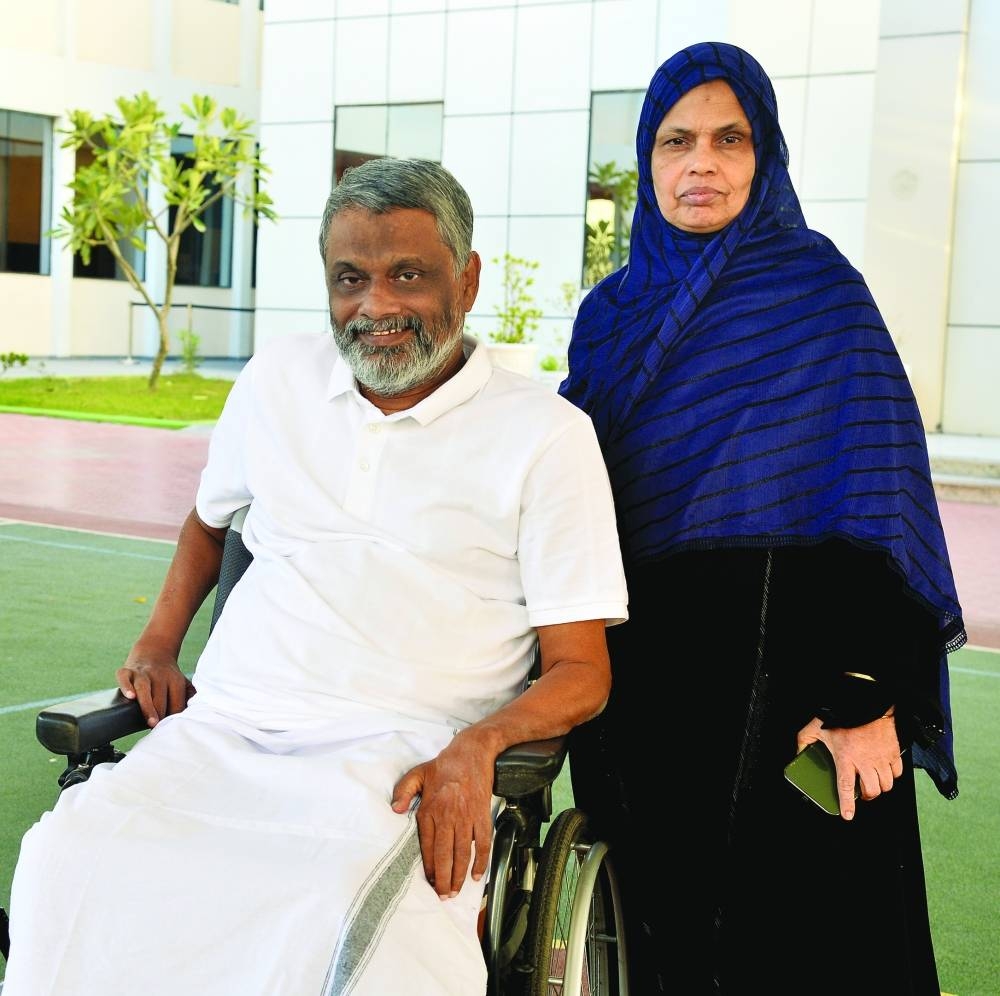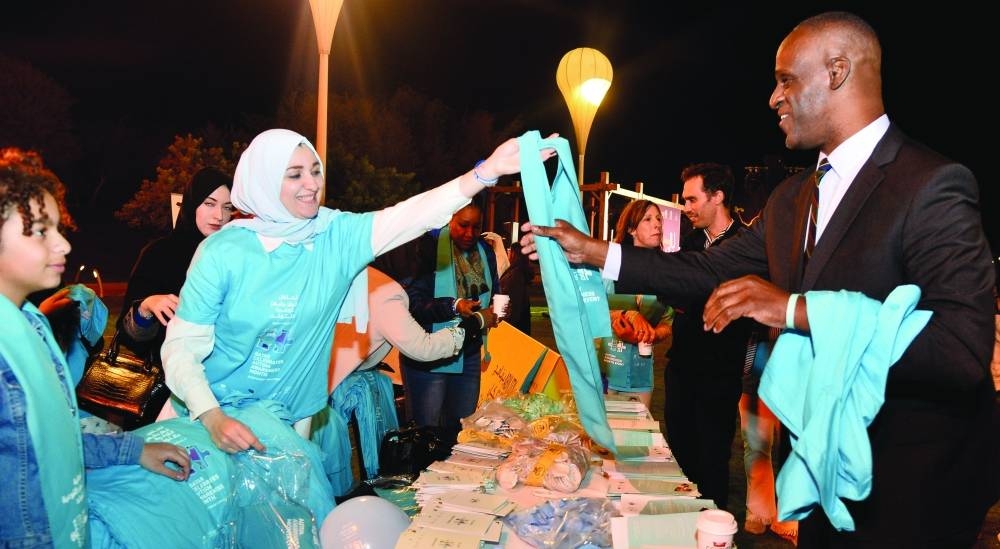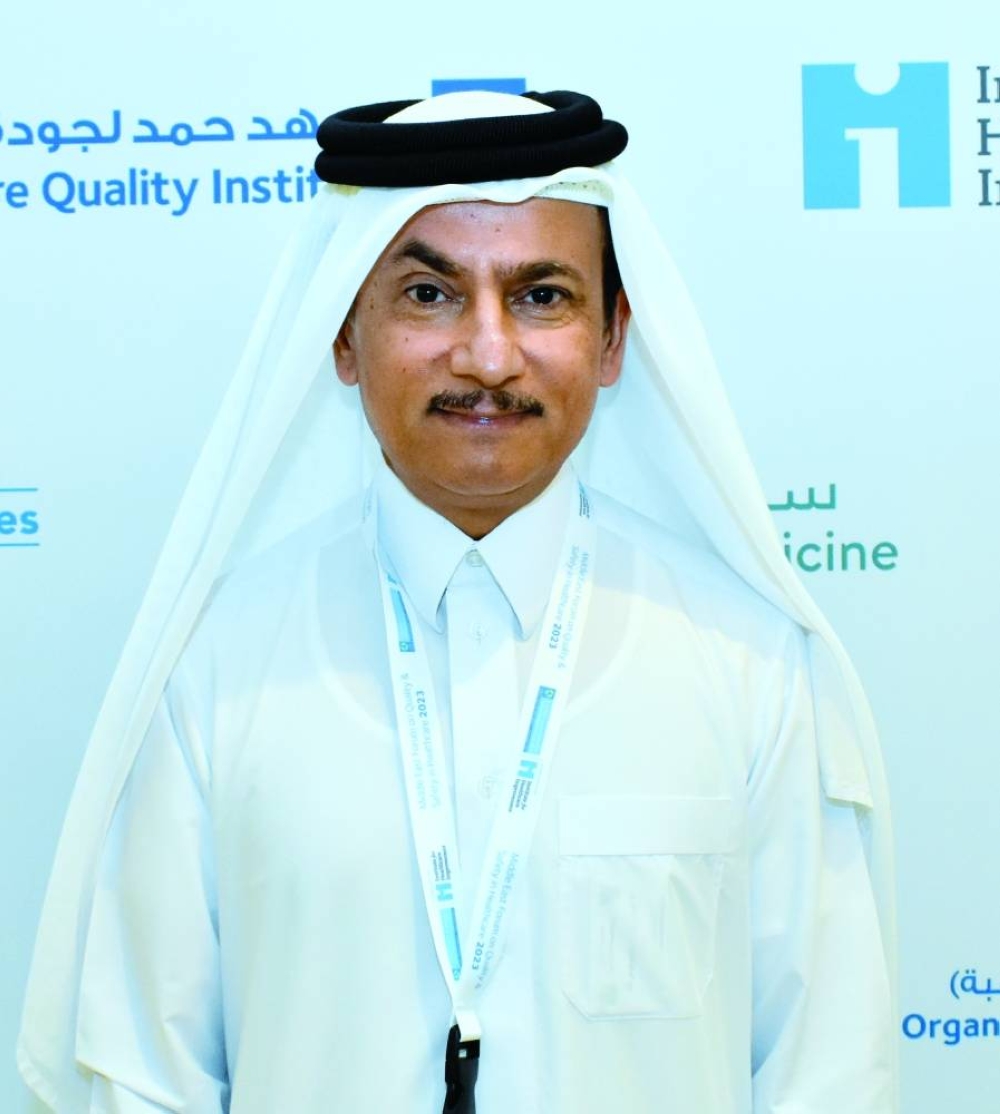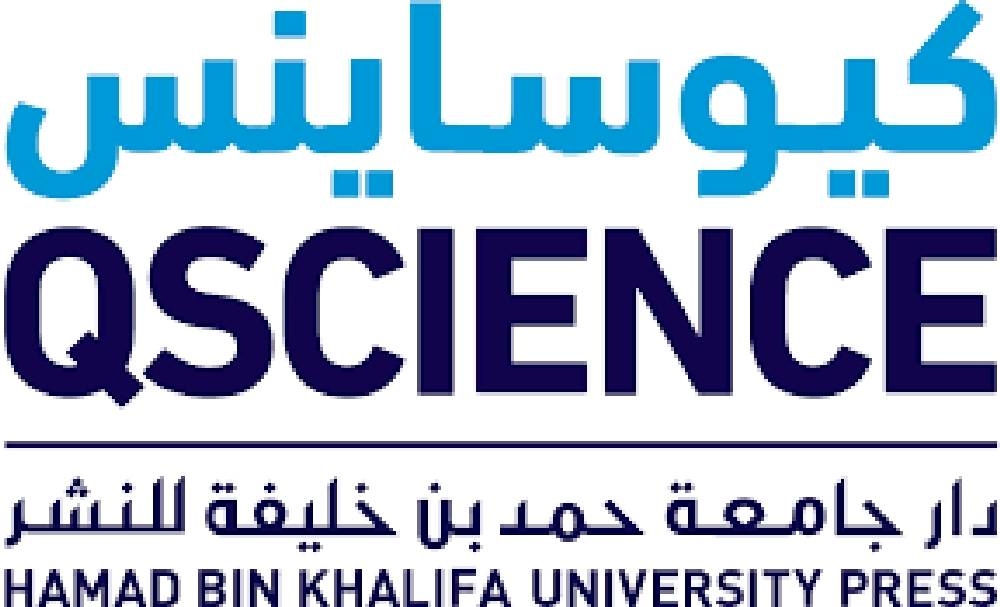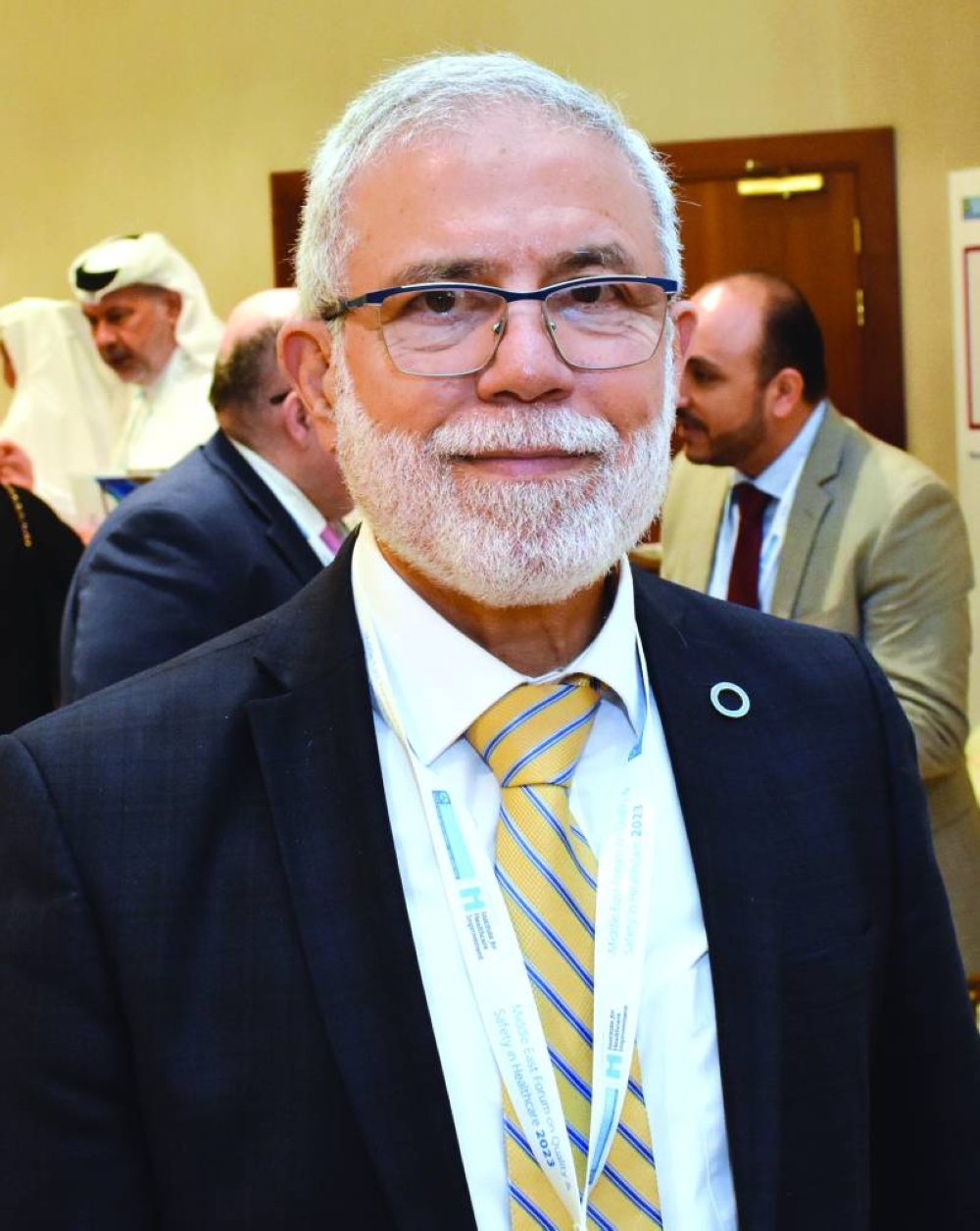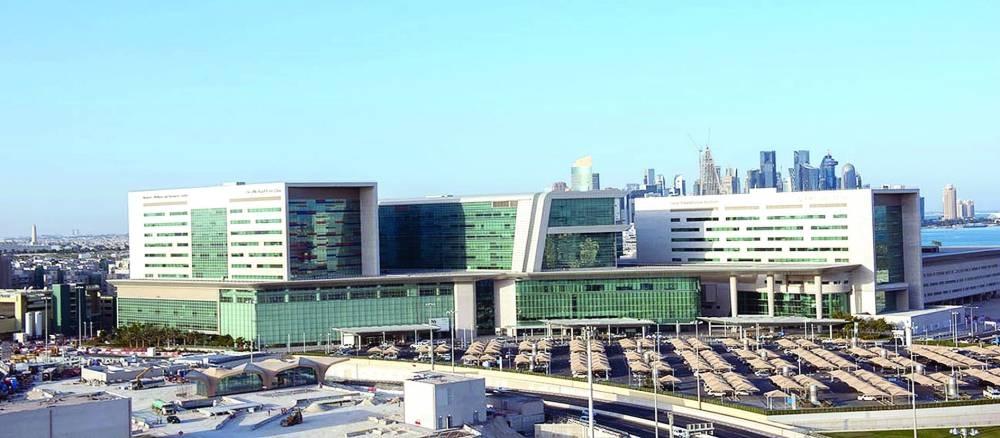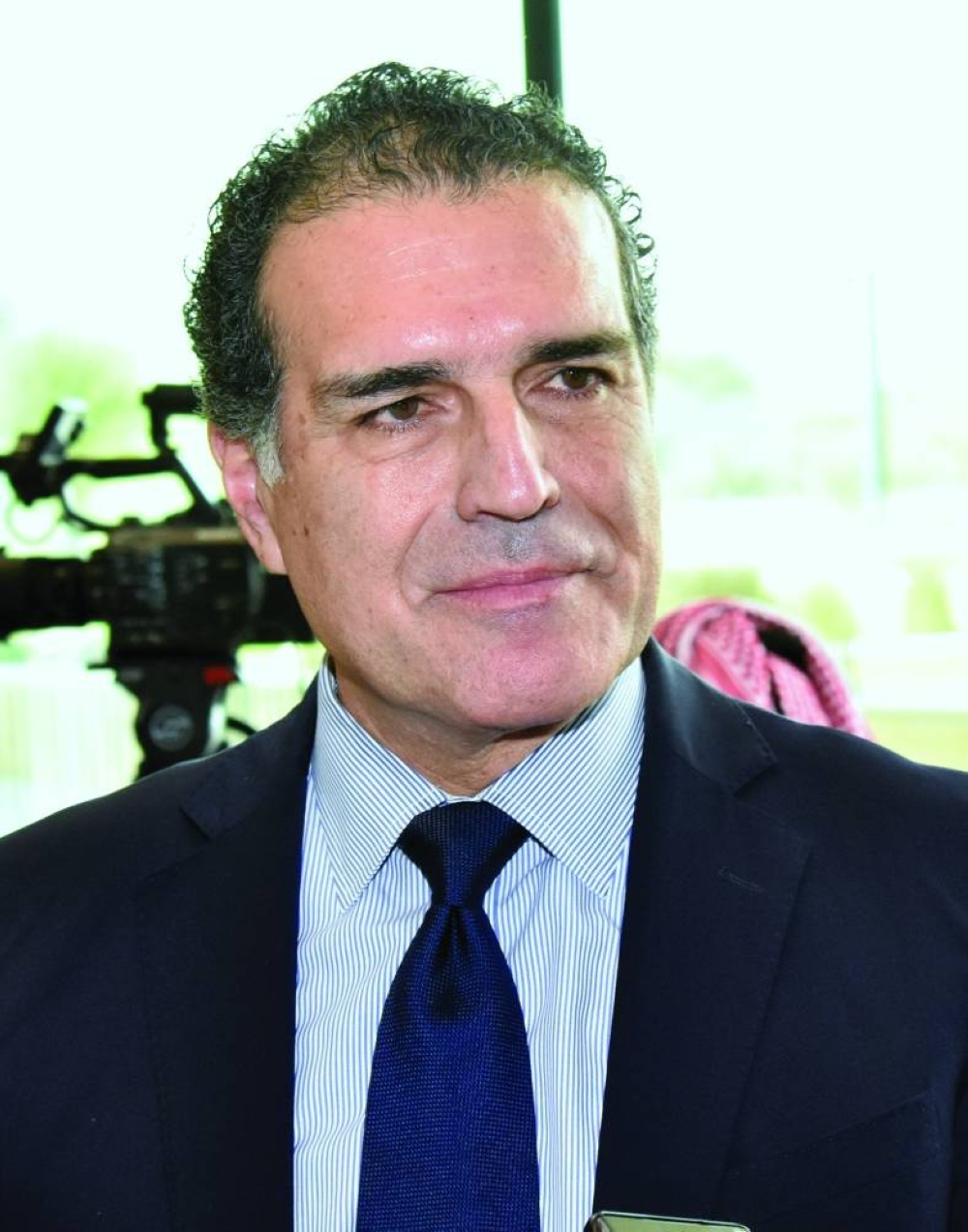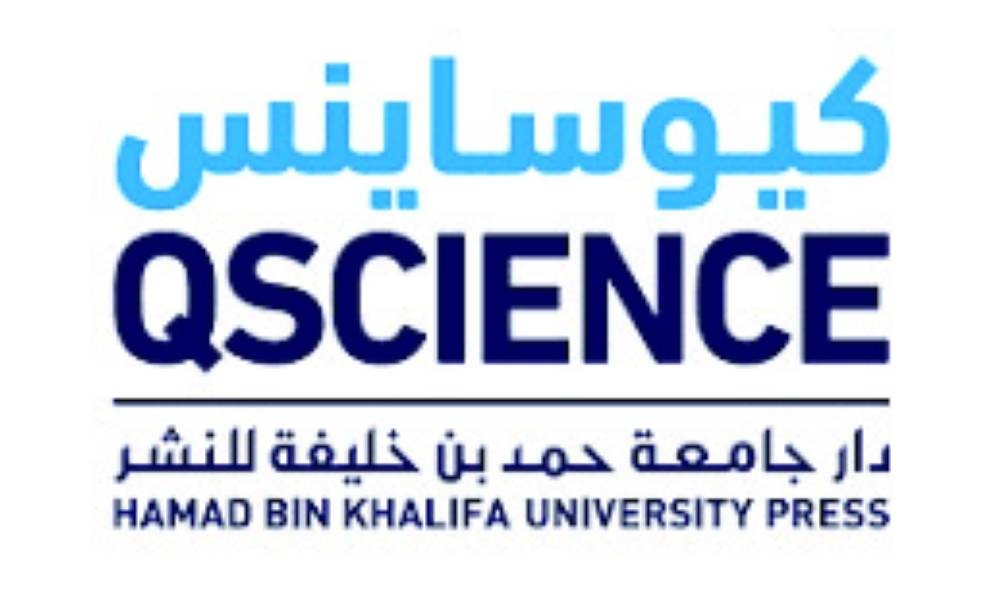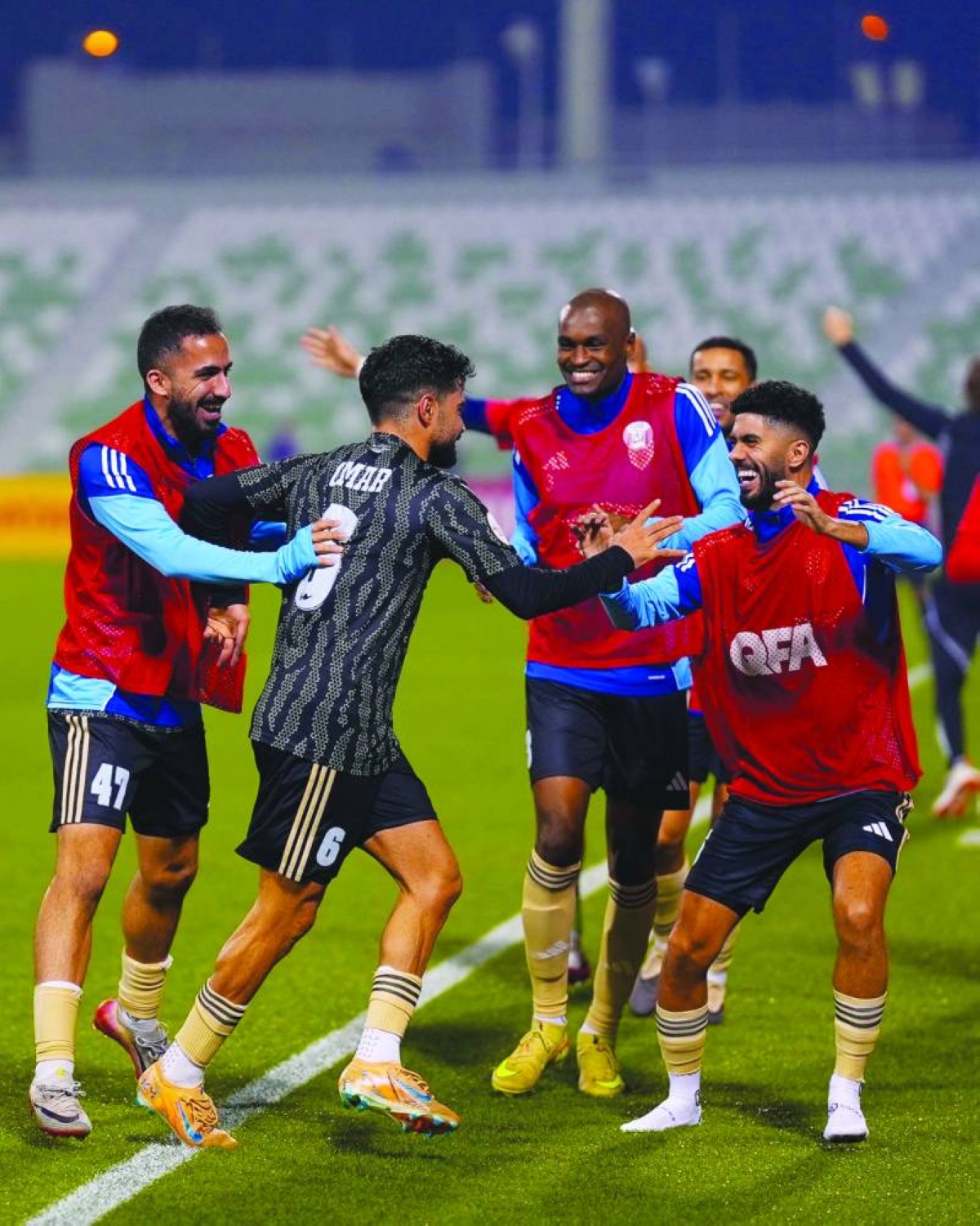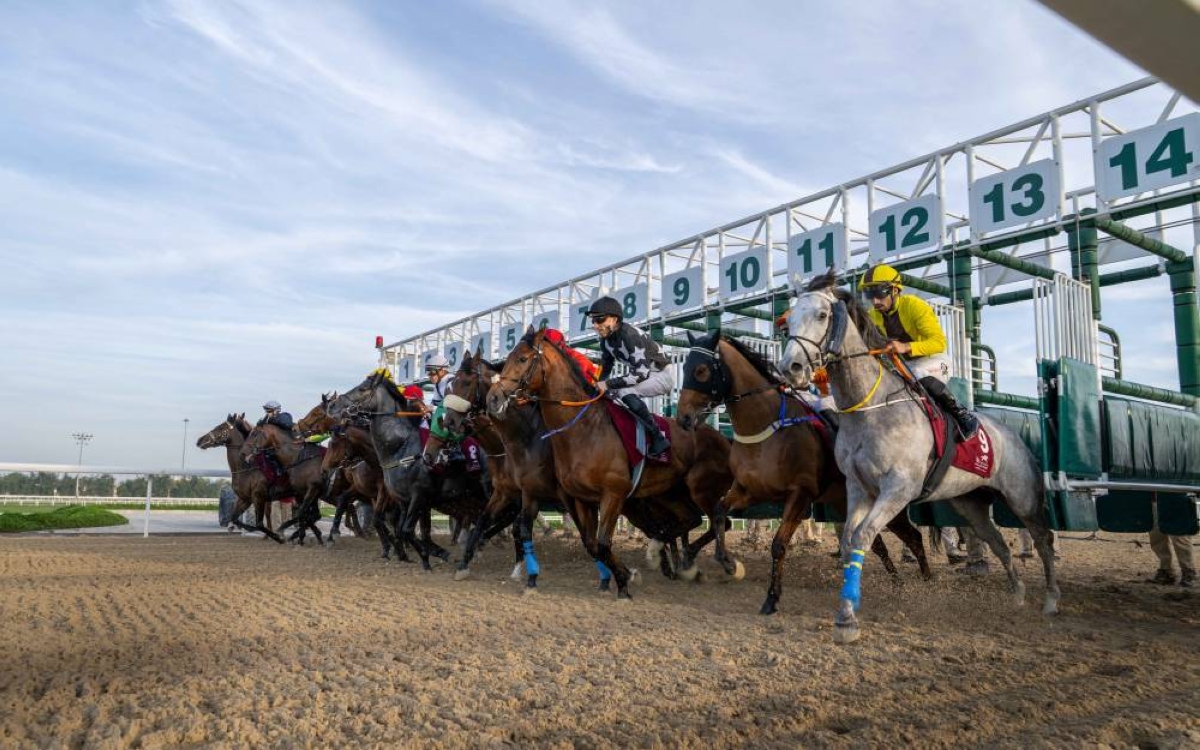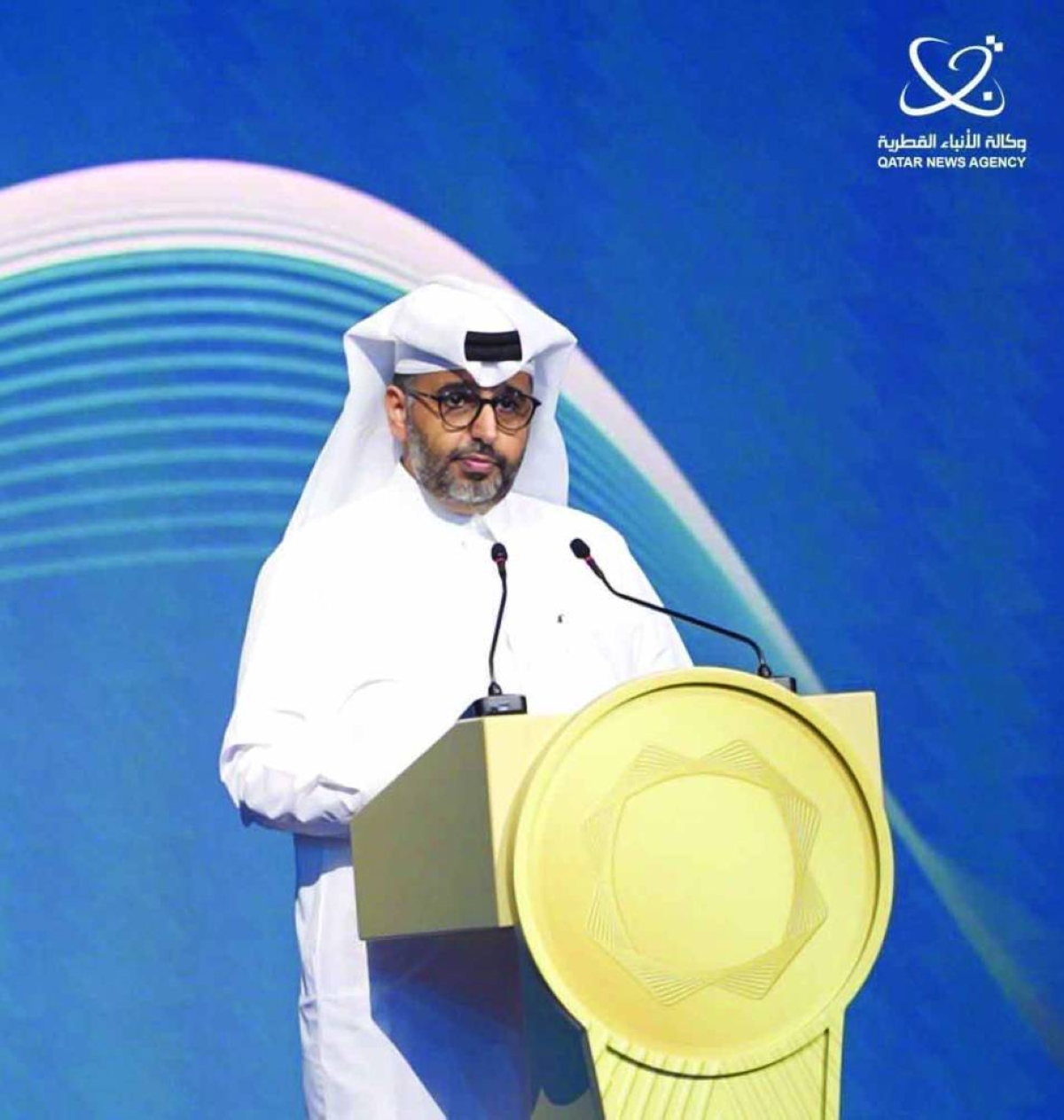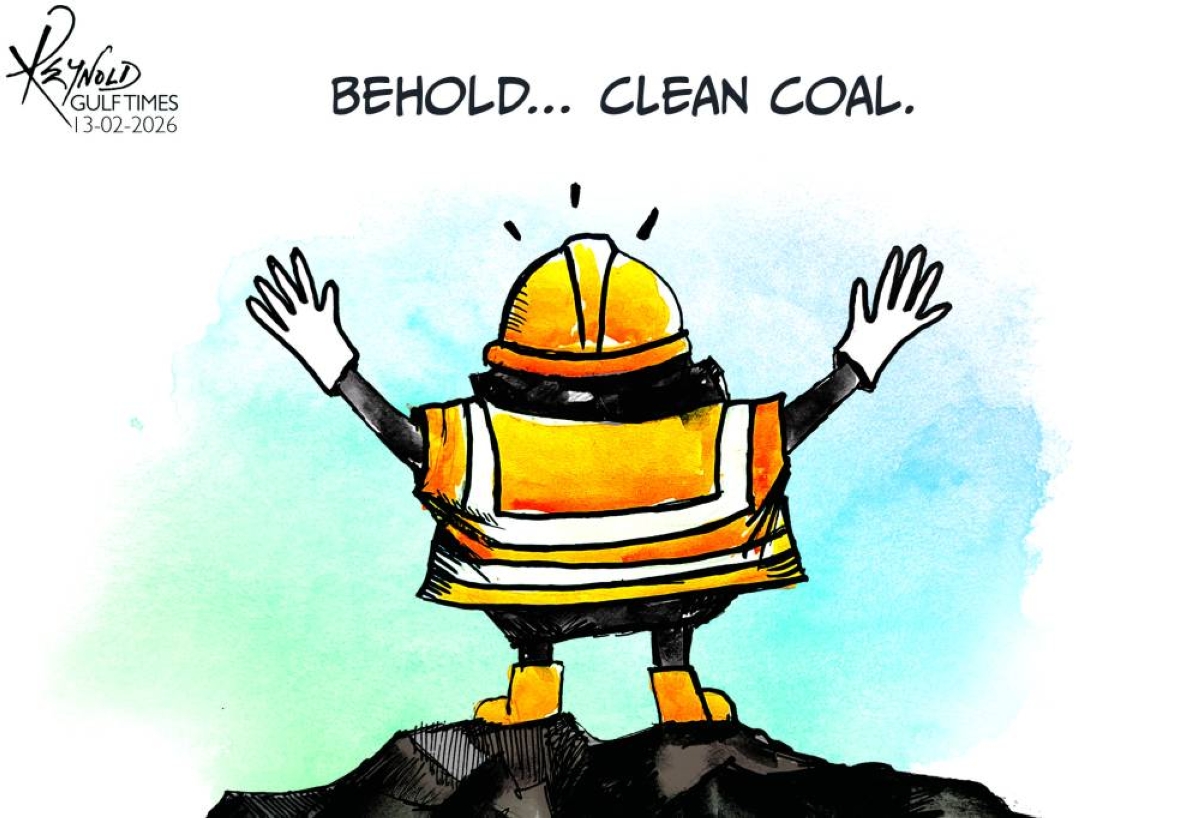The World Innovation Summit for Education (WISE) has announced the 2023 WISE Emerging Leaders (WEL) cohort, comprising 15 women and men from 12 different countries, representing diverse backgrounds and disciplines.Selected fellows include young professionals from organisations from the wider WISE community and social innovators actively engaged in delivering or designing education initiatives within their organisation or networks. The WEL community is now made up of over 70 young leaders in education, with the programme in its fifth consecutive year.Members of the 2023 WEL cohort are: Alejandra Ycaza ( Latin America); Amanda Abrom (US), David Timis (Belgium), Emi Koch (Peru), Guillermo Delso Segovia (Spain), Jazz Sethi (India), Madeleine Ross (Canada), Manshvi Palan (India), Marie Voisin (France); Mohamad Said (Lebanon), Natalie Delille (US), Nyagaki Gichia (Kenya), Zubair Junjunia (UK), Olivia Fossali (UK) and Uriel Kejsefman (Argentina).WEL is a nine-month fellowship programme for the next generation of leaders in education who wish to embark on a learning journey that cultivates the mindsets, skills, and techniques necessary to thrive, nurture communities, and transform education systems. It is now entering its fifth consecutive year.In a time when education is disrupted by multiple crises such as the Covid-19 pandemic, the burnout epidemic, and the ecological collapse, WISE believes it is ever more important to create stimulating and nourishing spaces for education leaders to come together, connect meaningfully, learn with each other, and collaborate for collective impact. Transforming education systems requires change at the structural and systemic levels, but also at the intrapersonal and interpersonal levels. Leaders who lead with self-awareness, compassion, and creativity, who cultivate their own and their team’s wellbeing, and who weave people and projects together are leaders who can spark innovation and systemic change.The WEL Fellowship brings together 15–20 carefully selected young leaders in education from around the world in a hybrid format consisting of in-person residential sessions, a series of online workshops with education experts, a number of asynchronous reflective blog posts, a concrete project to apply in their organizations, and tailored mentoring support to develop their project.WISE, the global education initiative of Qatar Foundation, will hold its biennial summit in Doha on November 28 and 29 this year.

Joseph Varghese
A journalist with a penchant for reporting events, Joseph Varghese digs deep to unearth facts. With several years of experience, including at Gulf Times, Joseph handles health, science and technology, IT and education in addition to everyday developments.
Most Read Stories




